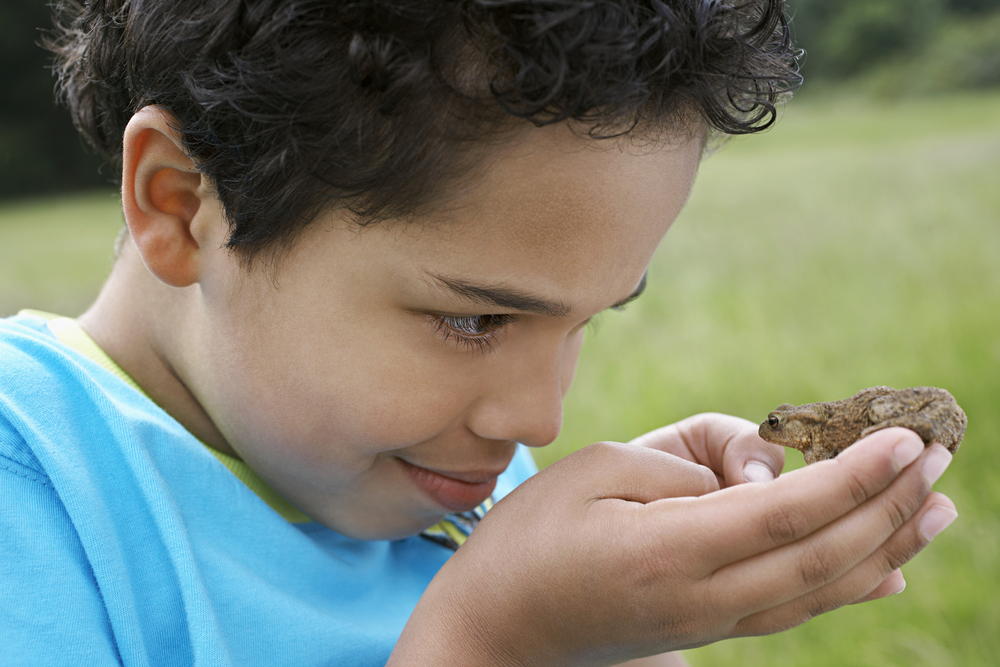Basic math operations Worksheets for Ages 3-7
7 filtered results
-
From - To
Unlock your child's potential with our Basic Math Operations Worksheets for Ages 3-7. These engaging, printable activities are designed to make learning subtraction, addition, multiplication, and division fun and accessible. Perfect for preschoolers and early grade children, our worksheets feature colorful illustrations and interactive problems tailored to develop strong foundational math skills. Support your child's educational journey while fostering a love for numbers! Download today from Kids Academy and set them on the path to math success starting now!
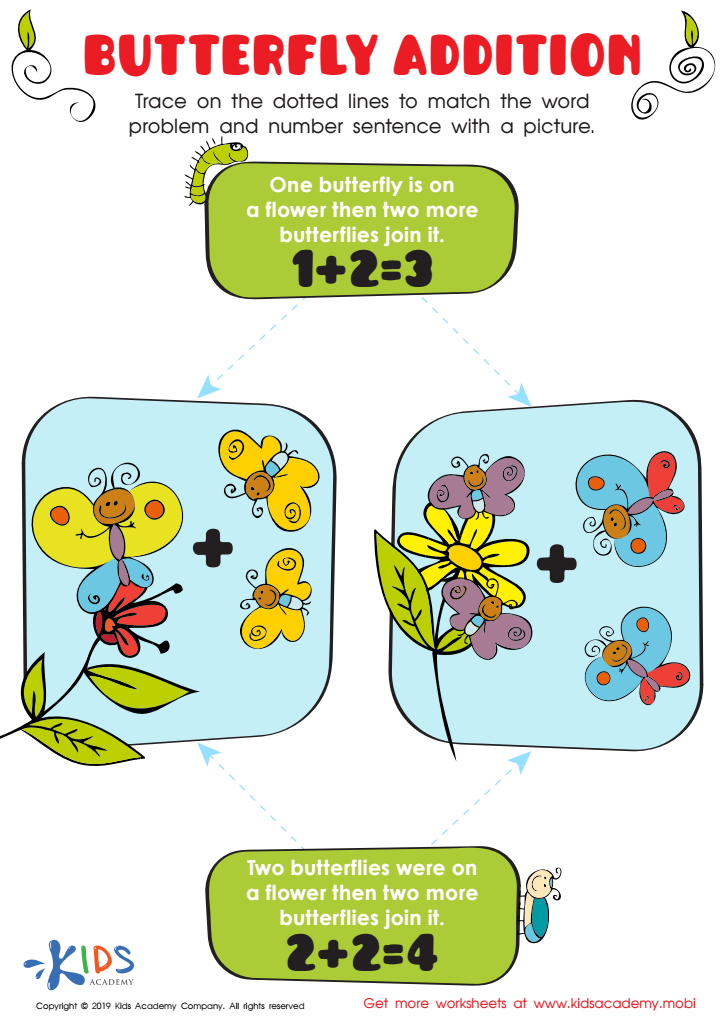

Butterfly Addition Worksheet
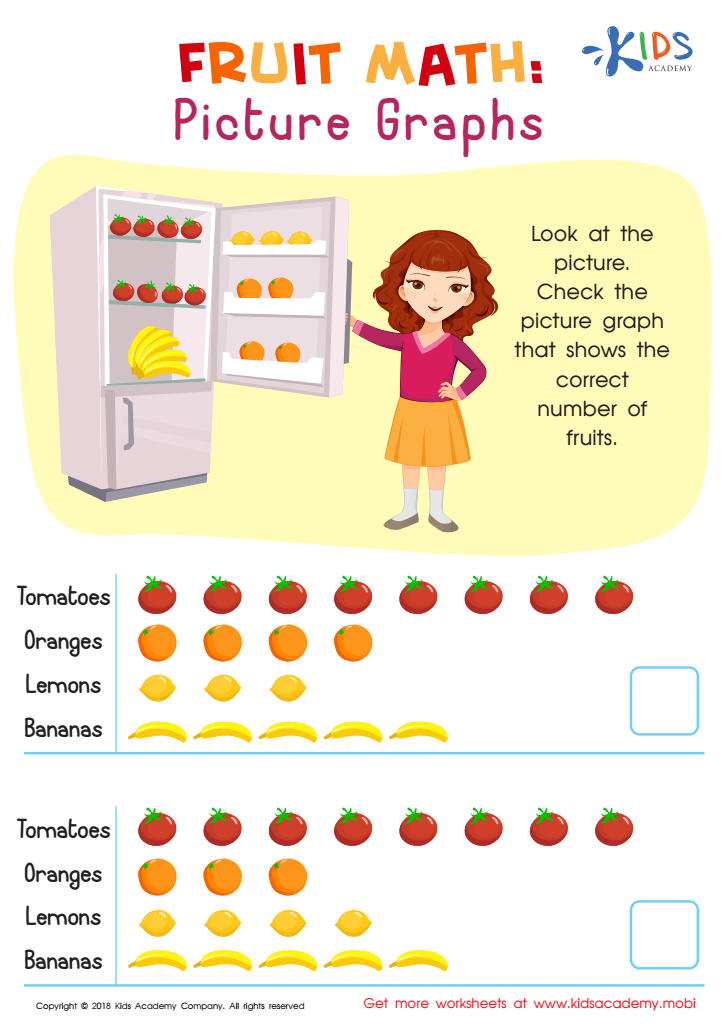

Fruit Math: Picture Graphs Worksheet
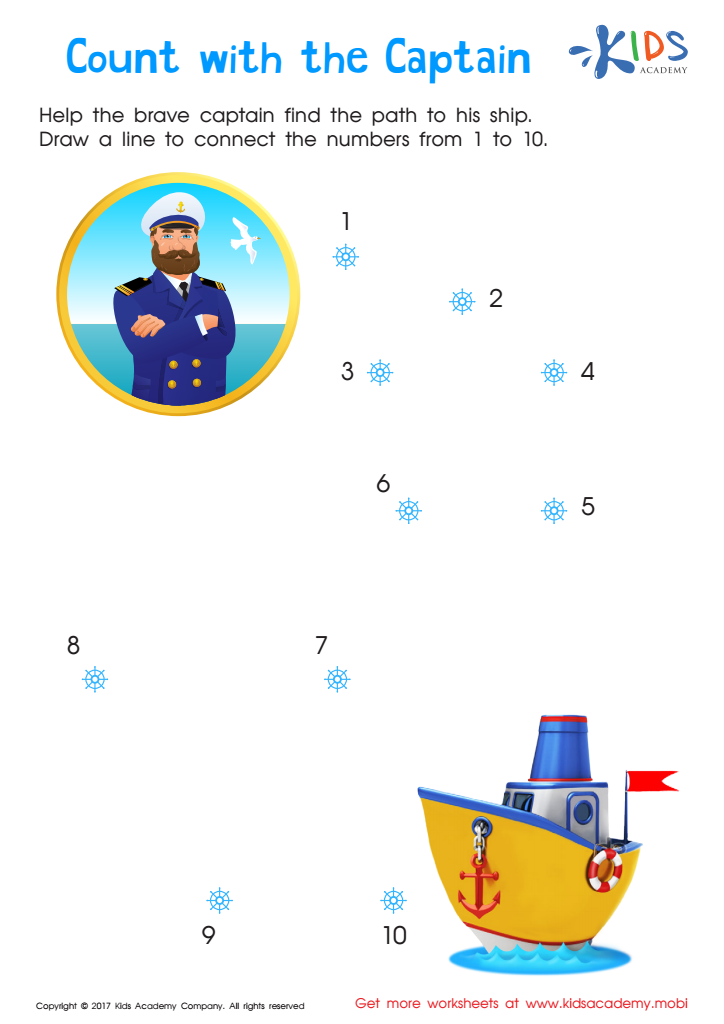

Count with the Captain Connect Dots Worksheet
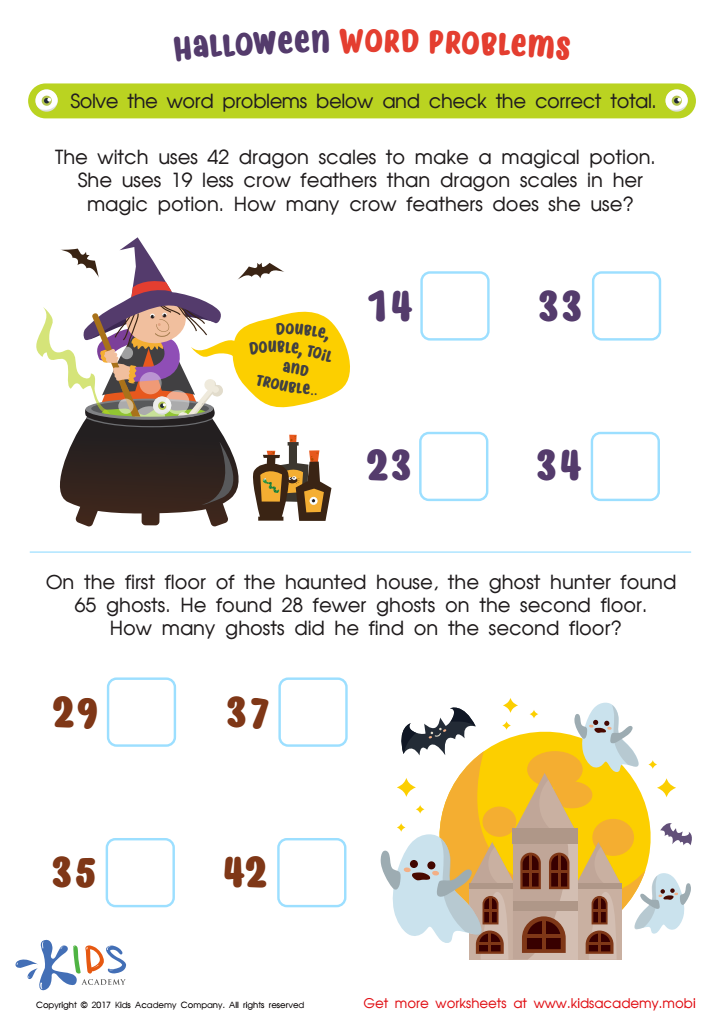

Halloween Word Problems Printable
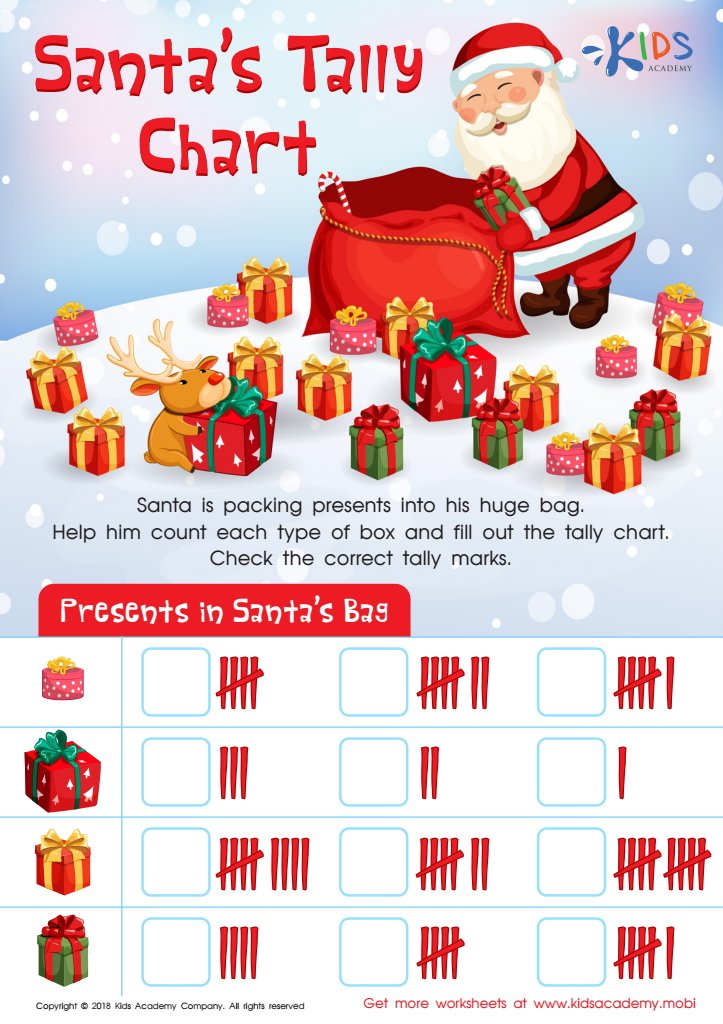

Santa Tally Chart Worksheet


Word Problems: Assessment 2 Worksheet
Parents and teachers should prioritize basic math operations for children aged 3-7 because foundational numeracy skills set the groundwork for future academic success and daily life problem-solving. At this formative age, children’s brains are highly receptive to new information and developing cognitive skills needed for understanding mathematical concepts. Early exposure to math operations—addition, subtraction, multiplication, and division—helps in building critical thinking and reasoning abilities.
By ensuring that children grasp these basic operations, parents and teachers can boost children’s confidence and interest in math, thus creating a positive attitude towards the subject. These early experiences with math are crucial for understanding more complex mathematical and scientific concepts in later years. Additionally, practical application of basic math improves children’s everyday life skills such as telling time, managing money, and cooking, which foster independence and responsibility.
When math is integrated into play, stories, and practical activities, it becomes a natural part of a child’s world, fostering curiosity and experiential learning. Thus, focusing on basic math operations is not just about academic preparation but about equipping children with essential tools for their immediate environment and their future roles as informed, competent individuals.

 Assign to My Students
Assign to My Students




.jpg)
